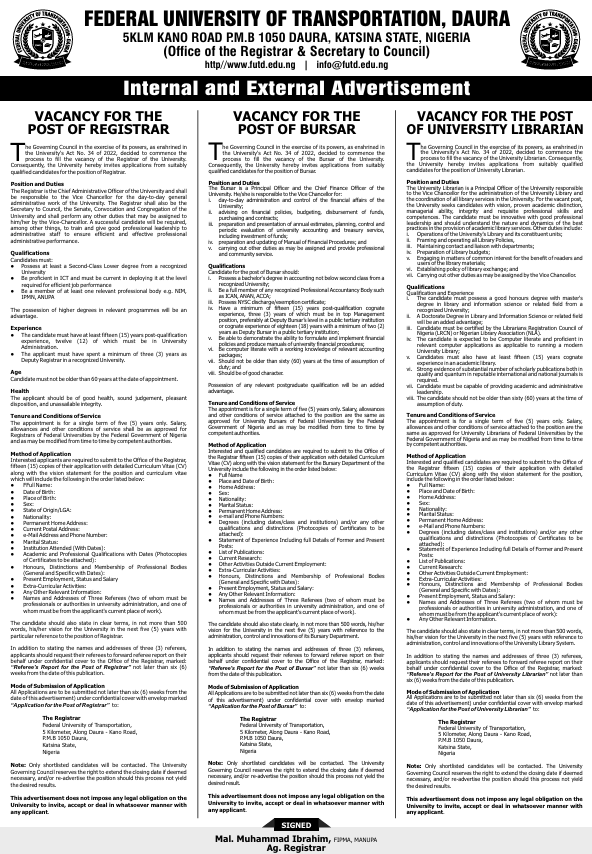After running up fourth-quarter losses in all regions outside North America, Ford is making cuts in Europe, closing down vehicle lines in South America and laying off thousands of workers in China.
In Russia, where Ford has the capacity to produce 360,000 vehicles a year, the U.S. carmaker could close its site in the northern Leningrad region and one of its plants in the central region of Tatarstan.
“A final decision will be made in the second quarter of 2019,” the spokeswoman said. Currently, “all plants are working as normal,” she said, but declined to comment on whether the plants in the Leningrad region and Tatarstan would close.
Two additional sources, a regional government official and a manager at another Russian automobile company, said Ford was considering closing the Tatarstan plant.
Less money, fewer models
Ford is incurring heavy losses from its operations in Russia, according to two sources familiar with the situation.
It sold 53,234 vehicles in Russia last year, up 5.7 percent from 2017 but well behind 13 percent growth in Russia’s overall car market, and its share of the Russian market has fallen to 3 percent from 3.8 percent in 2013.
Its key competitors in Russia; Avtovaz, Volkswagen, Kia, Hyundai and Toyota — are seeing their share increase, and their sales outpace the market.
Both Ford and Sollers declined to comment about the financial health of the business. The Kuga and Explorer models are produced at a different Ford plant, also in Tatarstan.
All five sources said this plant would remain open, but one of the sources said that the plant would continue producing only the Ford Transit model, a light commercial vehicle.
READ ALSO: Aston Martin to release new hypercar ahead of Geneva debut
Loan restructuring
Ford was the first international carmaker to launch vehicle assembly in Russia, opening a plant in St Petersburg in 2002. In 2011, it set up a joint venture with Sollers, and the venture took out a 39 billion rouble ($593 million) loan from Russian bank Vnesheconombank, or VEB.
VEB representatives told Reuters that Ford and Sollers were considering different options to restructure their joint business, and restructuring of the loan was also under discussion.
“VEB’s relations with Ford Sollers are of a long-term, sustainable nature,” the bank said. “There are no violations of any mutual obligations.”
Ford and Sollers each hold a 50 percent stake, but Ford has controlled the business since buying up preferred shares.
Sollers now has an “effective” stake of just 0.33 percent, its CEO Vadim Shvetsov was quoted last month as saying by the Interfax news agency. He was also quoted as saying that in his view Ford’s business in Russia would have to reorganized.
“It’s already clear now that Ford is not competitive in some segments,” Interfax quoted Shvetsov as saying last month about Ford’s passenger vehicle production in Russia. “The last stress analyses are now being tallied.”












